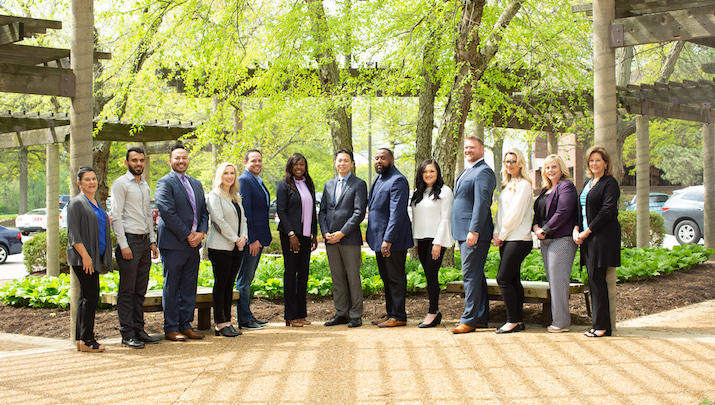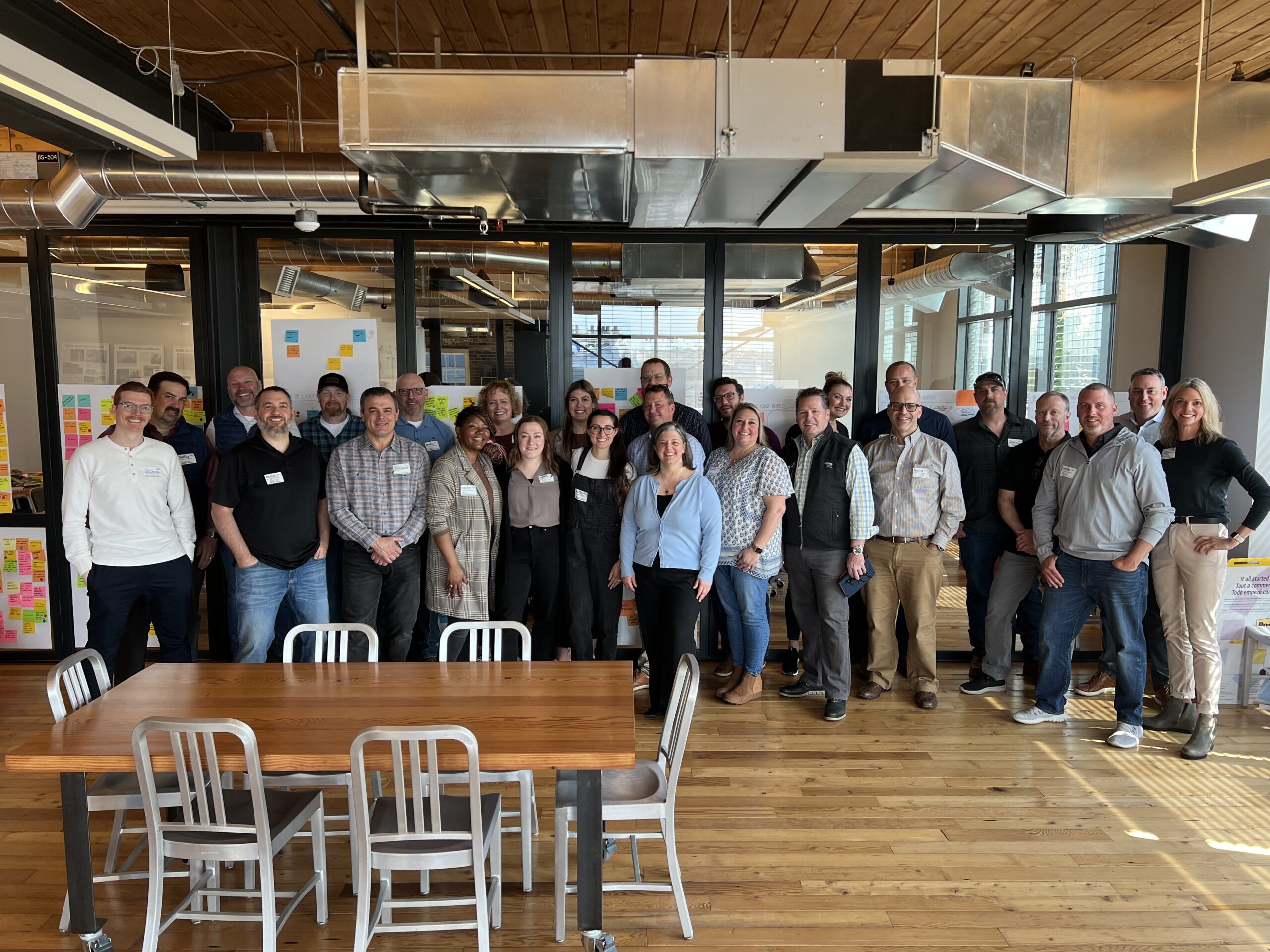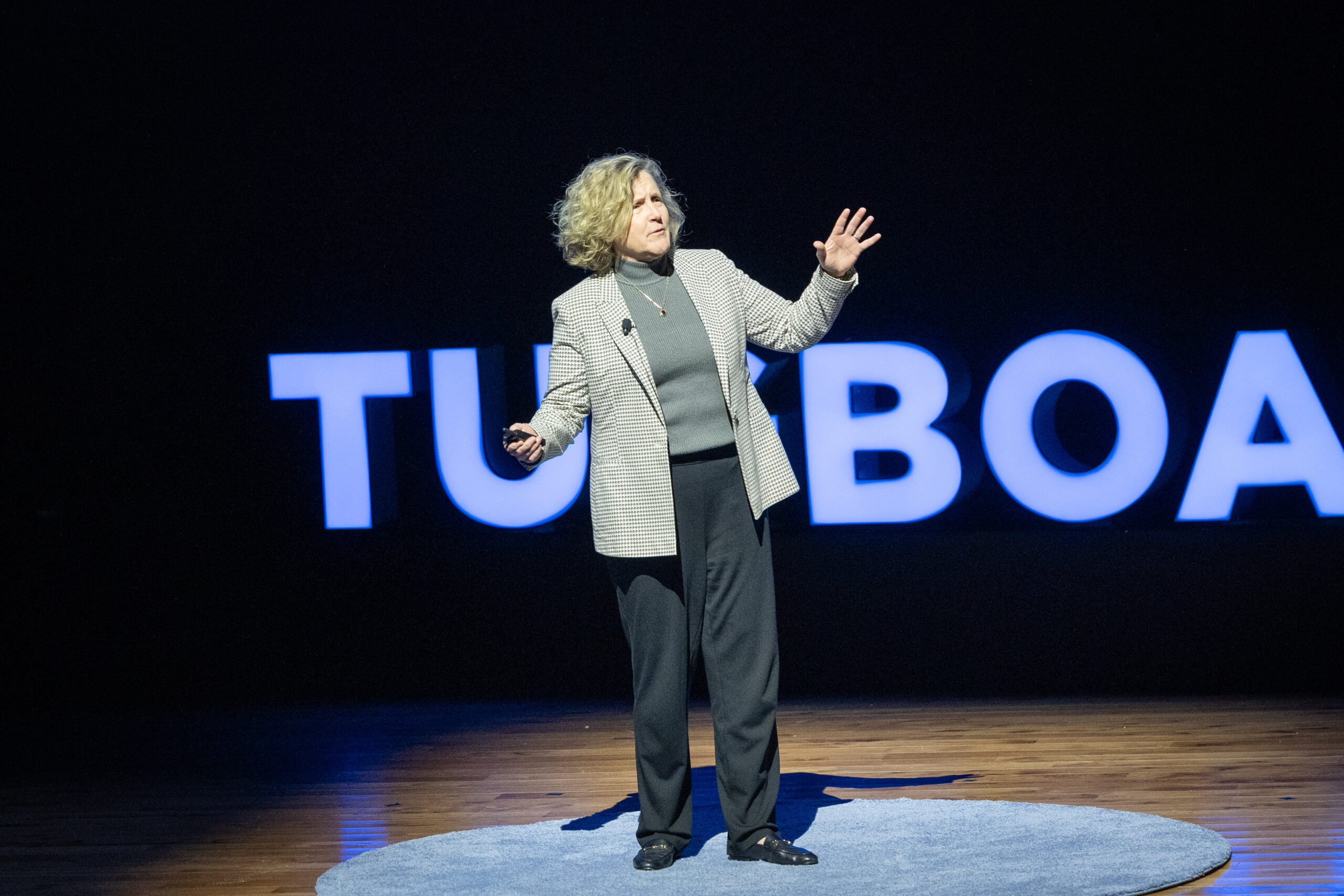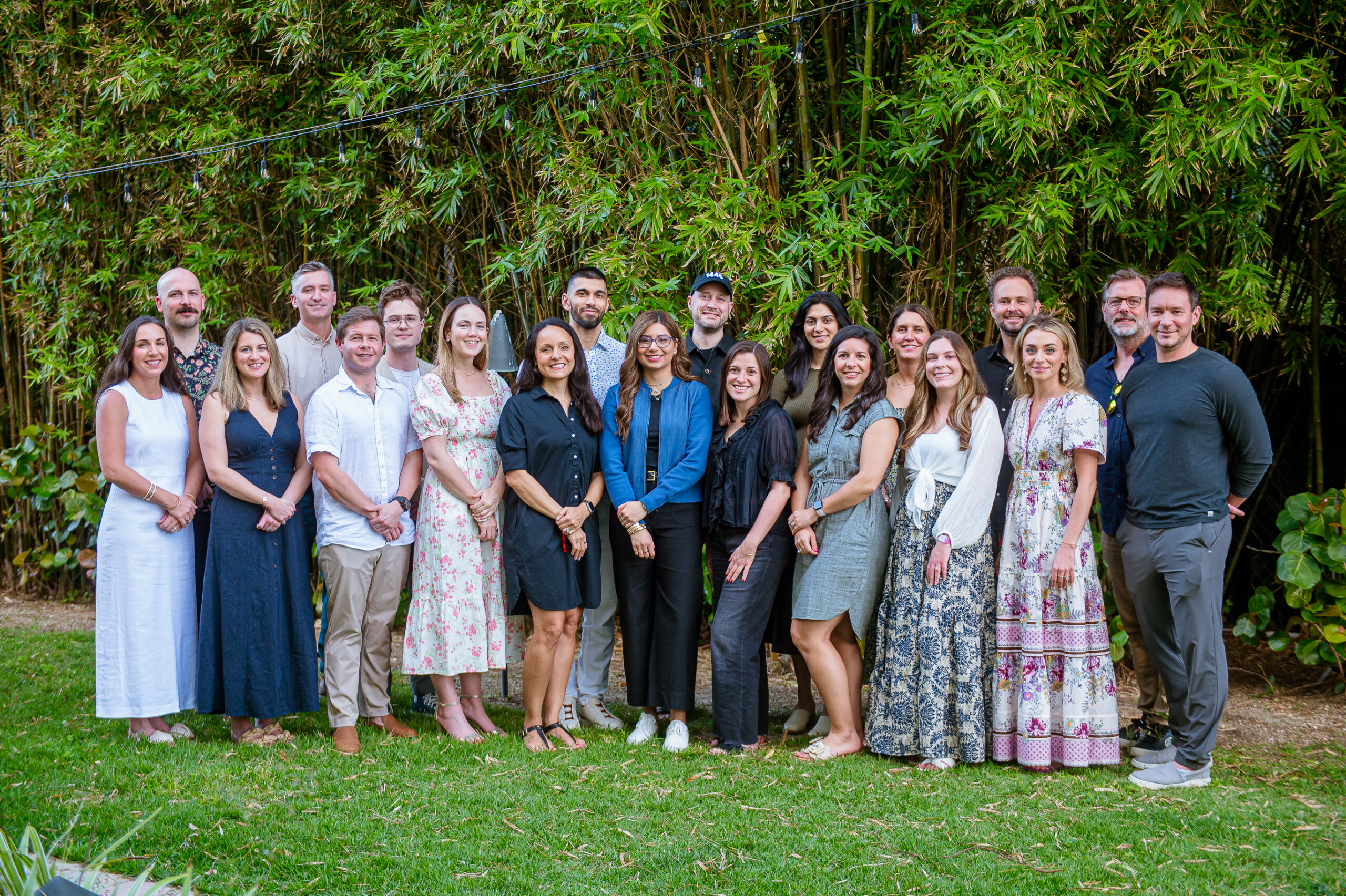

Serving Dentists, Not Private Equity Investors
- Samson Liu
- SOHDental
When I graduated from dental school in 1999, I operated a practice as an affiliate of a large dental support organization (DSO)—a company that provides business management and support to a network of dental practices. At the time, it was a relatively small, private company, driven by the entrepreneurial founder. His ambition and passion, combined with my love for dentistry, fueled my professional drive, and I soon grew the most productive and profitable practice in the organization.
As I developed my practice, the founder became a mentor to me, and I ultimately took on operational responsibilities for the DSO, becoming more involved in the corporate side of the business. My experience growing my own practice allowed me to contribute in meaningful ways to the development of patient-focused systems, trainings, and processes to support doctors, and it was really fulfilling. I loved that work and the company.
Unfortunately, I would see the inspiring culture, innovation, and profitability of that company incrementally eroded through a series of private equity (PE) transactions, which ultimately resulted in my decision to leave and found my own DSO, SOHDental, in 2017. As I grow my company, I am very aware of how my model for acquisition and management stands in contrast to the transactional and often contemptible practices of the PE approach. Here are a few key Evergreen® differentiators that drive my company.
Honor Company Culture and Founding Values
My goal when I acquire a new practice into SOHDental is to understand what that doctor is passionate about and then determine how we can support that passion on the administrative side so they can focus on patient care. Ideally, patients will never realize that there was a change in ownership. I want it to be seamless. We don’t rebrand any of the offices, and we don’t get between the patient and doctors. We believe that the doctors know their patients best.
My commitment to this approach was shaped by observing what can happen during a PE roll-up, when the goal of an acquisition is growth and economic gain. When you have recent business school graduates overseeing a dental office, conflict arises between their financially driven, metrics-based, transactional approach, where the focus is on quarterly budgets and sales earnings, and a practice culture of clinical excellence, lifetime patient care, and doctor-led philosophy. When management starts overriding what the doctors do while disregarding their passion and expertise, doctors are unhappy, patient care suffers, and culture is eroded. I saw this play out in hundreds of practices over my years in a PE-backed DSO.
Create Efficiency, Not Unnecessary Bureaucracy
When we acquire a practice, we understand that there are metrics and reporting that make sense to request to help a practice recognize what services their patients value, how they can improve communication, and steps they can take to serve patients better. We help develop processes and systems that can standardize the collection and reporting of this information. The goal of these efforts is to improve the quality of doctors’ time with their patients and the level of care provided.
What we don’t do is burden practices with becoming expert in financial reporting and enforce protocols and policies that force clinicians to spend undue time jumping through hoops. I saw what happens when private equity management demands layers of protocols and policies that allow them to centralize and scale. In my experience, the resulting bureaucracy and related documentation meant that doctors and administrative staff devoted hours to tracking and reporting that should have been spent on patient care and training.
The entire orientation of the DSO and the practice changes when the prescribed, common language becomes metrics. It’s no longer about relationships—between doctor and patient and between our operations team and the practices in our group. Instead, the verbiage is financial and transactional.
Better, Not Bigger
Every year, the DSO industry publishes a top-10 list of the biggest dental support organizations in the country. My former firm is always toward the top of that list. My goal: To never make that list. I don’t want to be the biggest—I want to be the best. For me, that means adding one doctor, one practice at a time. And because I don’t have private equity breathing down my neck, I can choose to grow when I know I have the systems and the people in place to deliver on my promise to that next practice to support them and their passion so they can focus on their patients.
And while the scale of these big organizations may seem impressive, I’ve seen the underbelly of that push to grow. I’ve seen the broken promise of management support that occurs when a practice is purchased to meet a quarterly growth goal without anybody on the operational side to actually support that practice for the next year or two. Because, from the PE perspective, it’s easier to buy 50 offices in a year than it is to train 50 good operational people to support those offices. This focus on growth at all costs, while it makes sense from an investment perspective, takes an incredible toll on the culture of each practice.
It’s also not a profitable model. When growth exceeds operational infrastructure and the practices don’t have the support they were promised, it stands to reason that there will be some practices that struggle. If it’s a very large DSO, there could be a significant number of failing practices. When that happens, the logical step would be to stop acquiring new businesses and focus time and resources on those that are struggling. But according to the PE world, just like in many industries, timing and perception is everything, the more and the bigger the offices in the organization, the more revenue the company generates. You go as fast as you can buying as many practices as you can, so that it looks like growth on paper when you sell it. And that’s okay because the PE partner will be gone in five years and the next PE owner will be dealing with the low-performing office. I saw that play out, and it wasn’t pretty.
Learning as I Go
My now 20 years in the DSO industry—first in a thriving, private organization and then through various versions of a PE-backed company—have taught me a lot of lessons about both the value and potential benefits of the service we offer and how this model can be twisted to erode the very practices we’re meant to serve. Having founded my own company, I’m looking forward to developing an Evergreen model in this space that is people-centric at its core. Because our business is really about relationships—between our support center and the practices we serve and between doctors and patients. I know we can build a group that is focused on these relationships and on supporting the office and team to truly make their jobs easier. My entire team knows this is our goal. Each time I buy a practice, I tell everybody in the support center: “It’s not about you. It’s about them and how we can support them.”
Samson Liu is Founder and CEO of SOHDental.
More Articles and Videos

Creating an Employee Value Proposition Straight from the Source
- Bart Ricketts
- Lease Crutcher Lewis

Both/And Thinking: Harnessing the Positive Potential of Tensions
- Marianne Lewis
- Carl L. Linder College of Business, University of Cincinnati

Leading Through Uncertainty – Tugboat Institute® Summit 2025
- Jackie Hawkins
- Tugboat Institute

Get Evergreen insight and wisdom delivered to your inbox every week
By signing up, you understand and agree that we will store, process and manage your personal information according to our Privacy Policy



